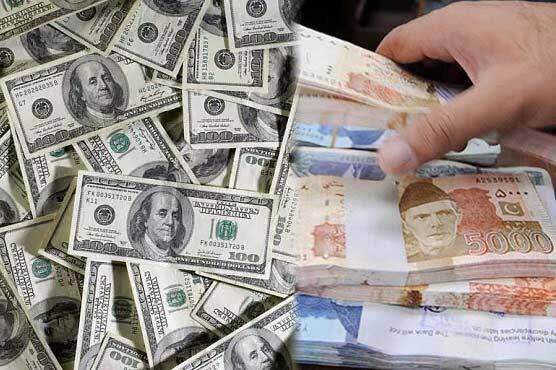In May, Pakistan’s current account posted a surplus of $255 million, a significant turnaround from the $1.506 billion deficit recorded in the same month of the previous year. This positive development contributed to a substantial reduction in the country’s current account deficit (CAD) for the fiscal year.
According to the State Bank of Pakistan (SBP), the CAD contracted by a staggering 80.58%, reaching just $2.943 billion during the period from July to May in FY23, compared to $15.16 billion in the corresponding period of the previous fiscal year. However, despite this notable improvement, concerns about a potential sovereign default persist due to the government’s struggle to bolster its dwindling foreign exchange reserves amidst a sharp decline in exports and remittances.
To achieve such a significant reduction in CAD, imports were curtailed, leading to a decrease in the trade deficit. Unfortunately, this approach had unintended consequences, as the shortage of raw materials caused a slowdown in industrial production, negatively impacting the economy.
During the first 11 months of FY23, imports of goods fell to $48.9 billion, a decline from $64.339 billion during the same period last year, owing to restrictions imposed by the SBP. However, this drastic reduction in imports had an adverse effect on economic growth, which plummeted from 6.1% in FY22 to a mere 0.29% this year.
The latest data from the State Bank, released on Monday, revealed that the current account surplus was even higher than April’s figure of $78 million. This positive trend has been observed for most of the second half of the current fiscal year.
Despite the low CAD over the 11-month period, the inadequate inflow of dollars exacerbated the situation. Currently, Pakistan’s reserves stand at approximately $4 billion, but even this amount was borrowed.
Compounding the financial uncertainty is the looming deadline of June 30 for the IMF loan, with the Fund yet to clarify whether the remaining portion of the $7 billion bailout package will be disbursed. This uncertainty has created unrest in financial circles.
Former Governor of the State Bank, Reza Baqir, expressed serious concerns about Pakistan’s external account, suggesting that without IMF support, the country could face default. Former finance minister Miftah Ismail also raised the specter of default if Pakistan fails to strike a deal with the Fund.
Experts and analysts have noted that the IMF is skeptical about the data provided in the FY24 budget, which initially led Pakistan to avoid sharing the data, arguing that the IMF is not part of the budget process. Although the government eventually provided the budget data, the new objections and preconditions from the IMF remain unclear.
Pakistan’s recent achievement of a current account surplus and a significant reduction in the CAD mark positive developments. However, concerns over the possibility of a sovereign default persist due to the country’s limited foreign exchange reserves. The government’s negotiations with the IMF and uncertainties surrounding the release of the remaining bailout package further add to the financial unease.














